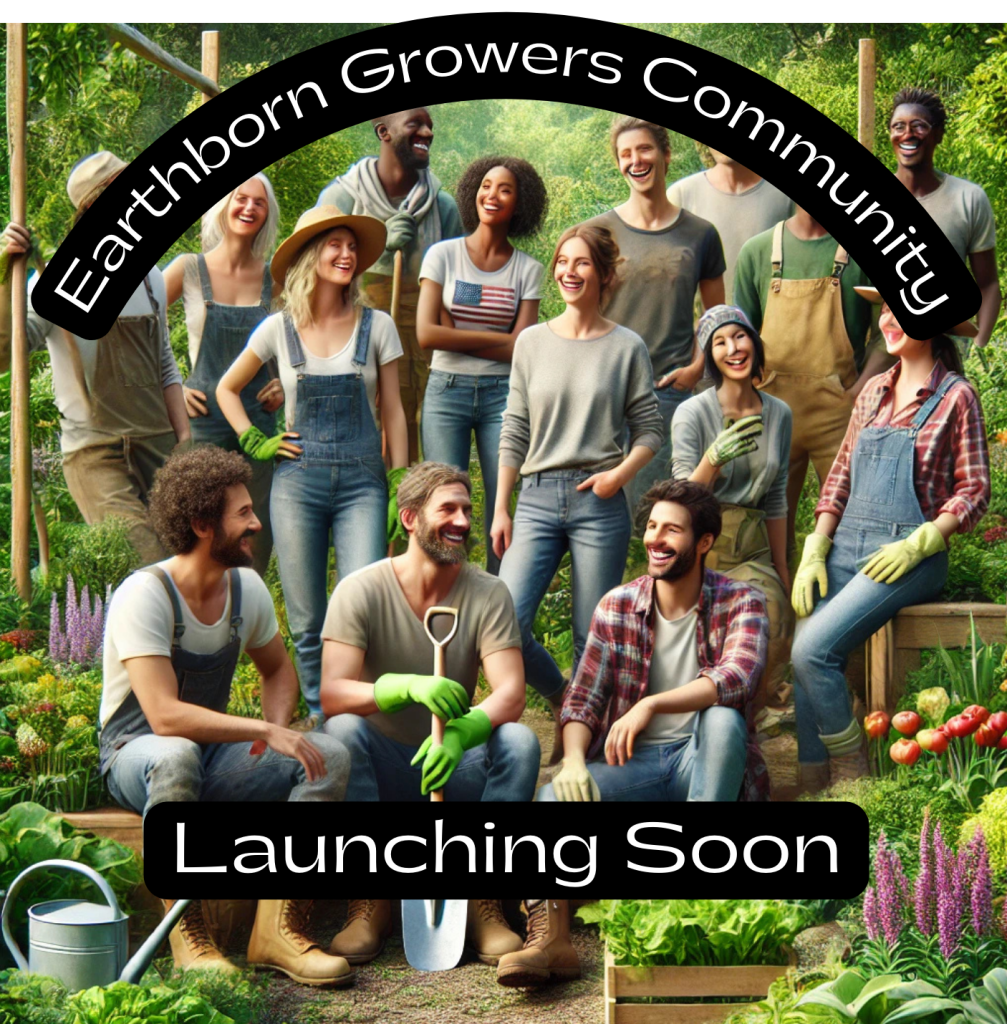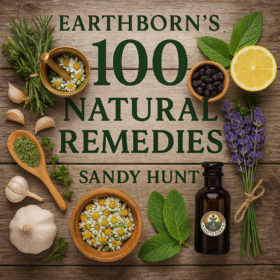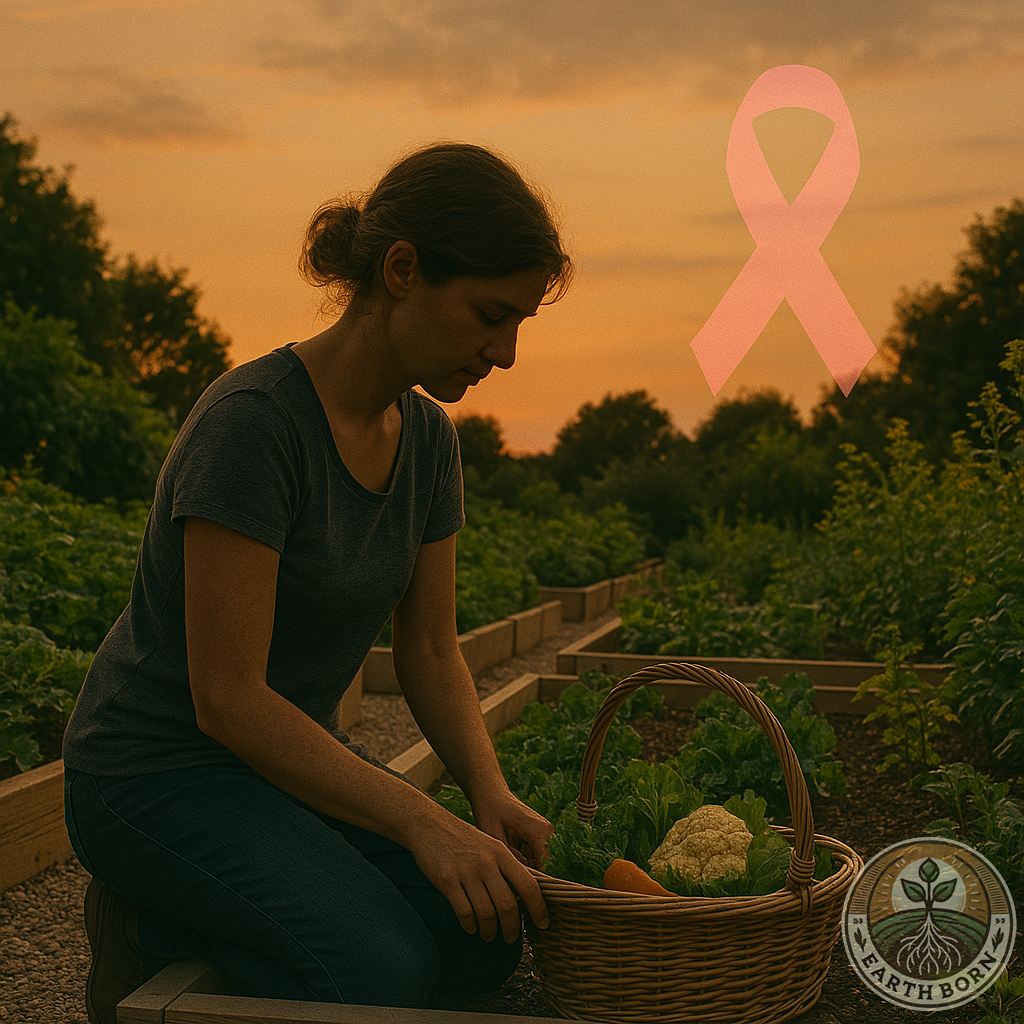
I wish cancer wasn’t such a looming presence in our lives. It feels like it’s everywhere these days, affecting the people we love, when once upon a time it was something we heard about only occasionally. I remember back when I was growing up, the only person I knew with cancer was my neighbor’s grandfather—an elderly man of 88 who seemed to have already lived a full, rich life. Somehow, it made sense to me back then—he was old, and his body must’ve been tired. But now? It seems like every time I turn around, someone close to me or someone in my circle is grappling with the disease.
One of my daughters had a friend in varsity who was diagnosed with brain cancer. It shook me to the core—so young, with so much promise ahead. My younger daughter’s junior school regularly hosted fundraisers for a student in the school who was fighting a different type of cancer. And I can never forget the day I got my own diagnosis of cervical cancer. It’s the sort of news that shifts your entire world into a before and after. More recently I lost a dear friend who passed from lung cancer.
All of this has made me question why this disease seems so rampant now. What’s changed in our environment, our lifestyles, our food? We can’t ignore the role that diet might play. The sheer volume of chemicals we’re exposed to—be it pesticides in produce or additives in processed goods—makes me wonder about the soil our food is grown in, the water we drink, and the air we breathe. There’s a direct link, at least in my heart, between soil degradation, widespread pesticide use, and a rise in cancers. Because when our earth is weakened and full of toxins, it stands to reason the food it produces isn’t as pure or as nourishing as it once was. Do you agree?
That’s why I’ve come to believe in living more “organically” or at least aiming to do so as much as possible. It might not be a miracle cure, but I do feel it lowers risks. Whether it’s buying food from local organic farmers or even starting a little backyard garden, every effort to reduce our exposure to chemicals and nurture healthy soil can make a difference. I’m not a scientist, but my experiences have taught me there’s something about returning to natural practices—clean soil, clean water, and minimal interference with nature—that feels healthier and safer.
I’m not naive; I know there are countless factors behind every cancer diagnosis. But I also believe there’s power in listening to our bodies, caring about our sources of food, and making choices that reduce our toxic burden. Whenever I find myself outside, hands in the dirt, growing vegetables without harsh chemicals, I feel a little hope stirring. Maybe we can’t completely protect ourselves or our loved ones. But if there’s a chance that living closer to the earth gives us even a little more resilience against this terrible disease, then I’m all for it. After all, in a world where cancer has become heartbreakingly common, every little bit of hope is precious.
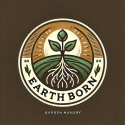
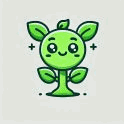
 **Meet Sprout!** Sprout is your friendly gardening companion at Earthborn, always ready with helpful advice on plant care, medicinal herbs, and natural gardening solutions. From seedling to harvest, Sprout provides expert guidance to nurture your garden and your well-being—making gardening easy, fun, and naturally rewarding.
**Meet Sprout!** Sprout is your friendly gardening companion at Earthborn, always ready with helpful advice on plant care, medicinal herbs, and natural gardening solutions. From seedling to harvest, Sprout provides expert guidance to nurture your garden and your well-being—making gardening easy, fun, and naturally rewarding.